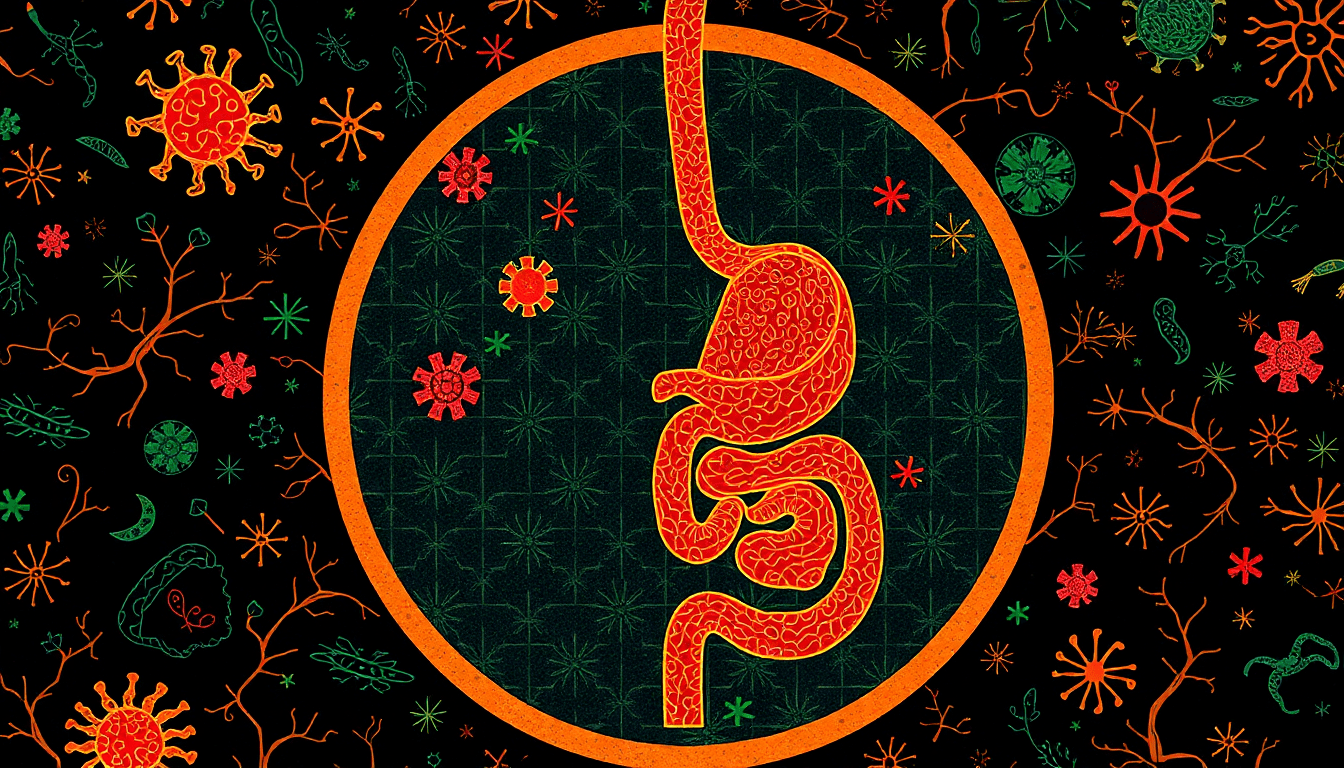New evidence is sharpening the link between microbiome metabolites autism and the behavioral and cognitive features seen in autism spectrum disorders. Distinct metabolites produced by gut bacteria, including short-chain fatty acids, tryptophan-derived compounds, and bile acid derivatives, can signal across the gut-brain axis and influence brain function. In recent studies, profiles of these metabolites correlate with ASD symptom clusters such as social communication challenges, repetitive behaviors, and anxiety, suggesting that the gut’s chemical language may help explain part of the gut-brain dialogue in autism.
Mechanistically, short-chain fatty acids like butyrate can regulate microglial activity and neuronal signaling, while propionate has been linked to altered dopamine and serotonin pathways in animal models. Tryptophan metabolism shifts toward kynurenine or indole pathways can modulate inflammation and glutamatergic signaling, potentially reshaping neural networks involved in behavior. Secondary bile acids and indole derivatives can influence gut barrier integrity and immune tone, which in turn feed back to the brain via the gut-brain axis. The vagus nerve and circulating metabolites provide plausible routes for microbiome metabolites autism to shape neural communication and behavioral outcomes.
These insights carry implications for future therapies that target the microbiome’s chemical output rather than taxa alone. By guiding diet, prebiotic and probiotic choices, or postbiotic formulations to tilt metabolite production toward beneficial patterns, researchers and clinicians can pursue more personalized strategies for ASD. The InnerBuddies Gut Health Operating System offers a comprehensive, modular platform to measure and interpret these signals in the context of individual goals. It features a Gut Microbiome Health Index (0–100), backed by an exclusive IP deal with EAFIT University in Colombia, to yield a robust snapshot of overall gut ecosystem health. It also presents Bacteria abundances for a top 40 list and Bacteria functions categorized as positive or negative, so you can see where metabolite-related pathways are thriving or in need of support. With Target Group analysis, you can explore how specific functional pathways relate to ASD-focused questions, while personalized nutrition advice and tailored probiotics/prebiotics recommendations turn insights into practical steps.
Whether you’re a researcher, clinician, or consumer, InnerBuddies offers direct-to-consumer test solutions alongside powerful B2B options to power your products. To explore the consumer test capabilities, visit the InnerBuddies microbiome test page:
InnerBuddies microbiome test. For ongoing support and personalized dietary guidance, learn more at the
InnerBuddies Gut Health Membership. If you’re interested in partnering and embedding these capabilities into your own offerings, see the
InnerBuddies B2B partner page.

